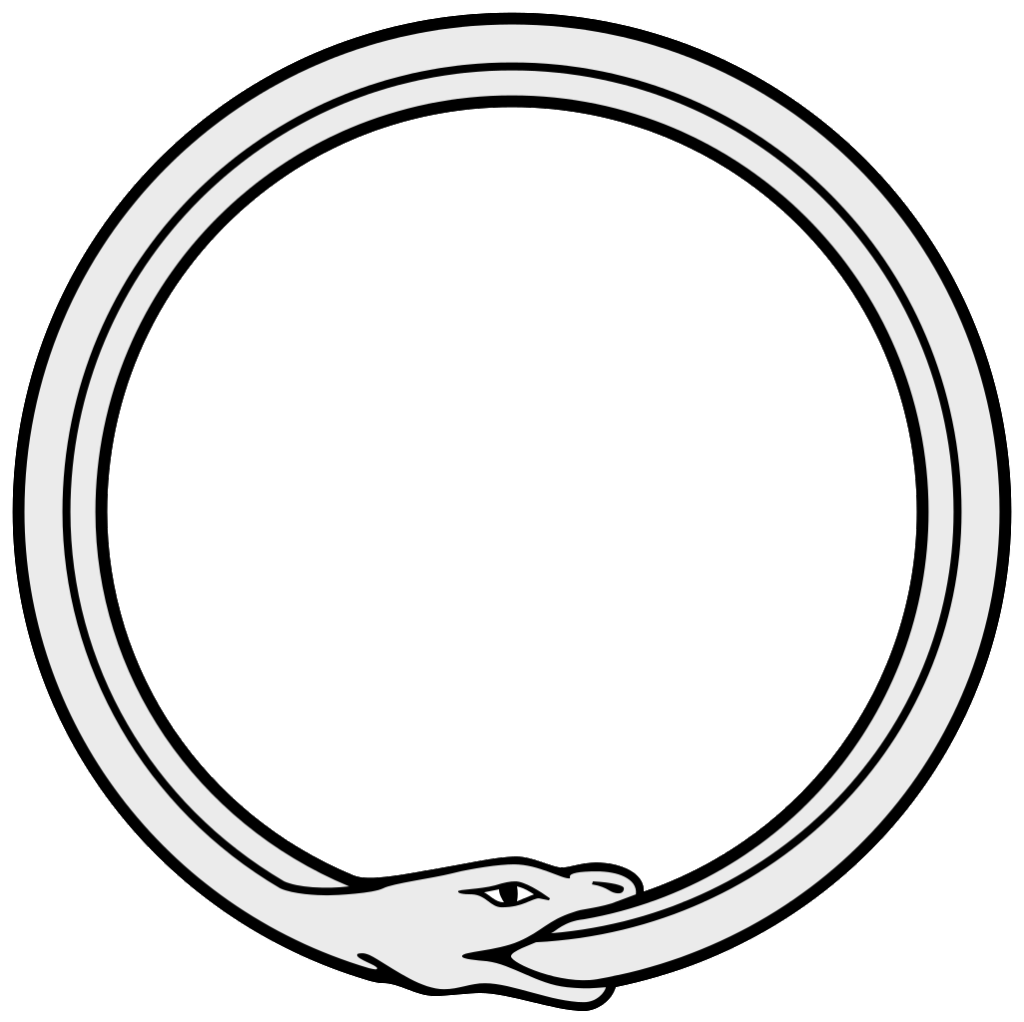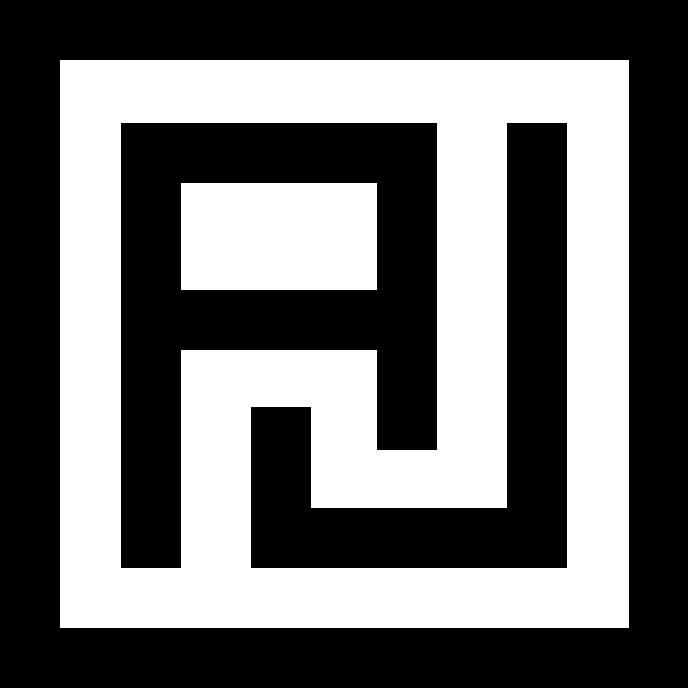The ouroboros is an ancient depiction of a serpent eating it’s own tail. In fact, the actual definition of the term ouroboros is derived from two Greek words: oura meaning “tail” and boros meaning “eating”. The symbol represents introspection, rebirth, continuity, infinity, continuous cycles and endless re-creation. In short, it means an ongoing cycle, whether that relates to creation and destruction or life and death.
The concept of the ouroboros is seen throughout cultures, from Greek mythology to Chinese creationism, but I find that it is a perfect analogy when it comes to the domain of knowledge as well. We live in a time of endless information. Information is being created at a record pace that doesn’t seem to be slowing down anytime soon, if ever. How can we possibly keep up?
We live in a time of endless information. Information is being created at a record pace that doesn’t seem to be slowing down anytime soon, if ever. How can we possibly keep up?
First, there is an important distinction we need to make: the difference between information and knowledge. Information is essentially data, it is an input that we process into knowledge. The problem is that this data can be good or bad. Bad data gets you nowhere and may actually hurt you. Good data still has a problem, it can be repetitive.
We all know there are thousands of articles, blogs, books, videos, and podcasts related to similar subjects. The point is there is a lot more information than there is knowledge. So what is knowledge? Knowledge is information that has been processed and distilled into useful, actionable facts. Things that we know to be true, based on the information available today.
This means that while information is growing at a ridiculous pace, knowledge is growing, but not quite as fast. Even so, it is growing, so how do we keep pace with this constant creation of knowledge?
What I feel we often fail to take into account is what happens alongside this growth of knowledge. There are three things happening regularly.
1. Knowledge is being created.
This is the obvious one. Knowledge is constantly pushed forward. Research is making breakthroughs, things are being invented, and the world is changing. What we know is always evolving and growing. Knowledge is being created.
2. Knowledge is becoming obsolete.
Just as much as knowledge is being created, it is also becoming less prevalent. I can’t say it’s being destroyed, but it may not matter as much anymore. Knowing how to start a fire with some rocks and tinder is no longer something we really need to know (at least not at the moment).
A lot of the knowledge of the past has become obsolete, not de-valued, but less essential to our daily lives. This means that while knowledge is increasing, past knowledge is becoming less important. It is becoming obsolete. This balances things out a bit.
3. Knowledge is becoming more accessible.
At the same time, knowledge is becoming easier to access, consume, and internalize. In the past, we had to use an encyclopedia in a library to learn about some concept that piqued our interests or held knowledge we felt we required. Today, we can just as easily Google something or use Wikipedia to find information in mere seconds.
This means the time to access knowledge is faster than it was before, and will continue to become faster. Again, this offsets the increase in knowledge we have to work with.
Knowledge has a beginning, but no end.Geeta Iyengar
So why does any of this matter? It brings me back to the idea of the ouroboros. There is a balance between creation and destruction when it comes to knowledge, much like there is in most facets of life. Knowledge is growing, but technology and obsolete knowledge are keeping pace.
The counteracting trends touched on above, makes it possible for individuals to be just as knowledgeable as before, in the scheme of things, as these forces are always at play. Ultimately I think this shows that we shouldn’t be so focused on specialization in our lives. We should continue to explore.
Our tools and technology enable us to be more strategic about how we learn, how we consume information, and how we gain knowledge. Today I can get in touch with people around the world in seconds, via voice or video or chat. I can travel across the country in hours. I can learn the basics of a subject in minutes. The lag time between wanting knowledge and having it has shortened.
It is simply a choice on whether we choose to take advantage of these tools.
